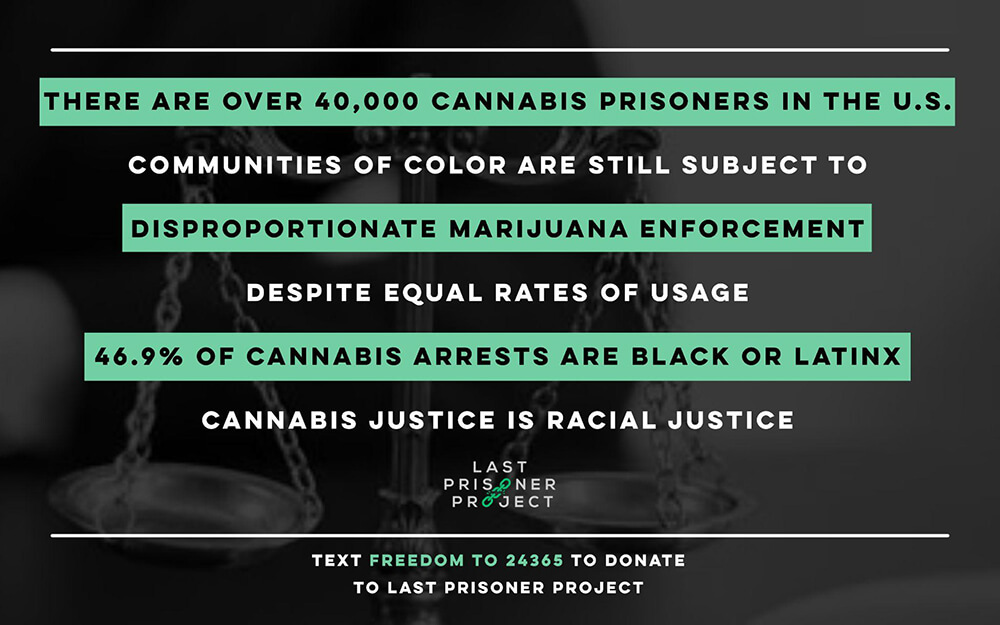Juneteenth is a national holiday commemorating June 19th, 1865, the day that federal troops took control of Texas to formally announce and enforce President Lincoln’s Emancipation Proclamation which declared that all enslaved persons in states controlled by the Confederacy were now free. Upon its original announcement, nearly two and a half years earlier, the Emancipation Proclamation had little impact on states like Texas, where there was a low concentration of Union troops who could actually enforce the order. With Confederate General Lee’s surrender in April of 1865, and the arrival of Union General Granger’s regiment in Galveston, TX, Union forces were finally strong enough to influence and overcome the resistance. There is evidence to suggest that the delayed response in the South was also due to slaveholders deliberately withholding the news of the Emancipation Proclamation to save their labor. Some suggest that Union forces deliberately waited for landowners to have one more harvest before marching into Texas. While these theories may or may not be true, they serve as a testament to the continued struggle Black Americans faced after the first Juneteenth. Today, it is important to recognize the lasting effects of systemic and institutionalized racism on Black communities, especially within the cannabis industry.
For many, Juneteenth represented the prospect of financial freedom. With newfound agency, free men and women were able to earn wages and partake in business ventures. However, Black Americans were often prevented access to industry due to racist policies and exclusionary practices. This remains true within the cannabis industry today. Years of systemic racism coupled with the failed War on Drugs, and a host of other barriers, have made it difficult for Black Americans to enter the cannabis business space. Black Americans are also disproportionately prevented from even enjoying cannabis. According to the ACLU, “On average, a Black person is 3.64 times more likely to be arrested for marijuana possession than a white person, even though Black and white people use marijuana at similar rates.” The ACLU also reports that nearly half of all drug-related non-violent arrests in the U.S. are for cannabis.

Though advancements have been made towards the decriminalization of cannabis, resulting in its growth into a nearly 25 billion dollar industry, there are still those who suffer from unjust and discriminatory laws and convictions. In honor of Juneteenth and the challenges BIPOC communities continue to face, Green Earth Co. is donating to the Last Prisoner Project, a nonprofit organization dedicated to cannabis criminal justice reform. The LLP is committed to freeing every last prisoner of the unjust war on drugs, starting with the estimated 40,000 individuals imprisoned for cannabis. The Last Prisoner Project utilizes a three-pronged approach to securing FULL freedom for the communities they serve.Through intervention, advocacy, and awareness campaigns the Last Prisoner Project works to redress the past and continuing harms of these unjust laws and policies.
This Sunday, June 19th, Green Earth Co. will donate $1 for every Green Earth Co. Brand product sold at either of our two locations. We are grateful for BIPOC communities who continue to support our business and we hope to advocate for equal access to the holistic benefits of cannabis and to the industries we occupy.
To learn more about the Last Prisoner Project and to find more ways you can get involved, visit www.lastprisonerproject.org
Text FREEDOM to 24365 to donate.
Sources:
“History of Juneteenth ©Juneteenth.com.” Juneteenth World Wide Celebration, https://www.juneteenth.com/history/.
“A Tale of Two Countries: Racially Targeted Arrests in the Era of Marijuana Reform.” American Civil Liberties Union, 20 Apr. 2020, https://www.aclu.org/report/tale-two-countries-racially-targeted-arrests-era-marijuana-reform.


